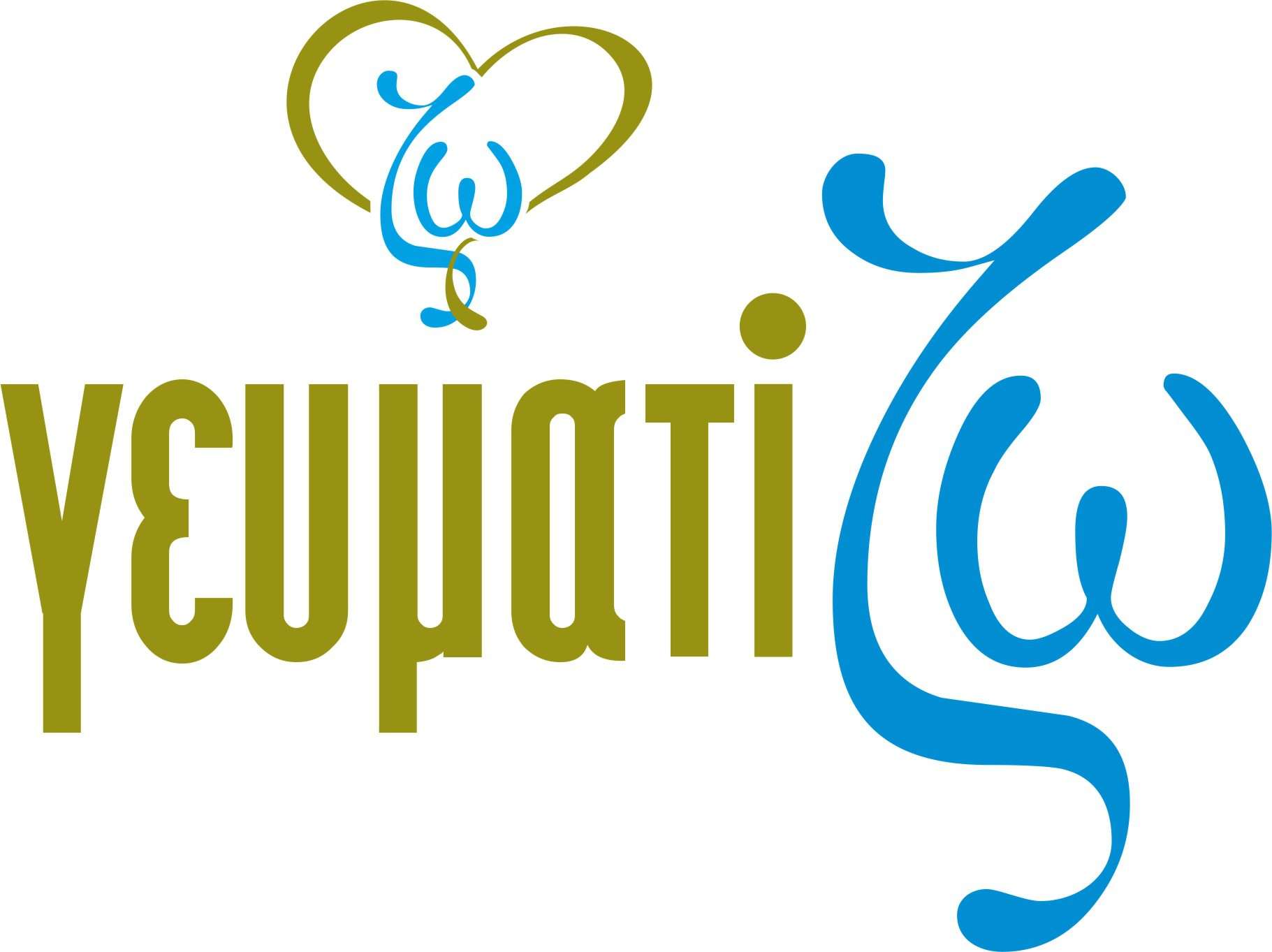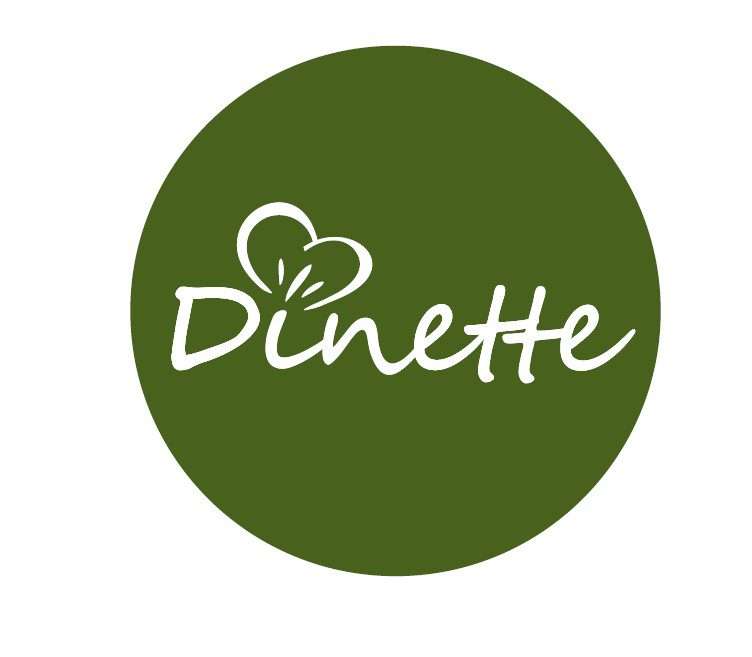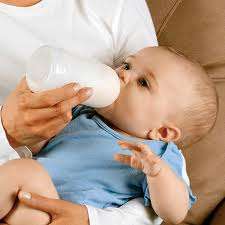Breath-holding spells

GUIDE FOR PARENTS
The child who has breath-holding spells
The problem
About 5% of young children have breath-holding spells. These involuntary spells follow an event such as falling down or being frightened, frustrated, or angry. They usually start when an infant is between 6 and 18 months of age and disappear by 5 or 6 years. They may happen once or twice a day, or once or twice a month. They are not dangerous and have nothing to do with epilepsy.
Immediately after an upsetting event, the child gives out one or two long cries. He then holds his breath after exhaling until his lips become bluish and he passes out. (Holding one’s breath when frustrated and turning red without passing out is common and not considered abnormal.) One third of these children also have a few muscle twitches or jerks during some of the attacks. The child is usually breathing normally and is fully alert less than one minute after a breath-holding spell.
The solution
Treatment during spells of breath-holding. These spells are harmless and always stop by themselves. Time a few spells using a watch with a second hand, since it’s difficult to estimate the length of an attack accurately. Make sure the child is lying flat on his back to increase blood flow to the head (this position may also prevent some muscle jerking). Don’t start resuscitation–it’s unnecessary. Also, don’t put anything in your child’s mouth; it could cause choking or vomiting.
Treatment after a breath-holding spell. When the spell is over, give your child a brief hug and go about your business. A relaxed attitude is best. If you are frightened, don’t let your child know it. If your child had a temper tantrum before the spell because he wanted his way, don’t give in to him after the spell.
Prevention of breath-holding spells. Spells that result from a fall or a sudden fright can’t be prevented. Most spells that are triggered by anger also are involuntary. If your child is older than 2 years and is having daily spells, however, he probably has learned to trigger some of them himself. This often happens when parents run to the child and pick him up every time he starts to cry or give him his way as soon as the spell is over. If you avoid these responses, your child won’t have an undue number of spells.
Call our office now if:
• Your child holds his breath for more than one minute (by the clock) or his spells are different from those described here.
Call our office during regular hours if:
• Your child becomes pale rather than bluish during attacks.
• Muscle jerks occur during the attack.
• Your child is a picky eater and could be iron deficient (a condition that may be associated with breath-holding spells).
• Your child has more than one spell per week (so that we can help you prevent them from becoming more frequent).
• You have other questions or concerns about breath-holding.
Adapted from Schmitt BD: Your Child’s Health, ed 2. New York, NY, Bantam Books, 1999







